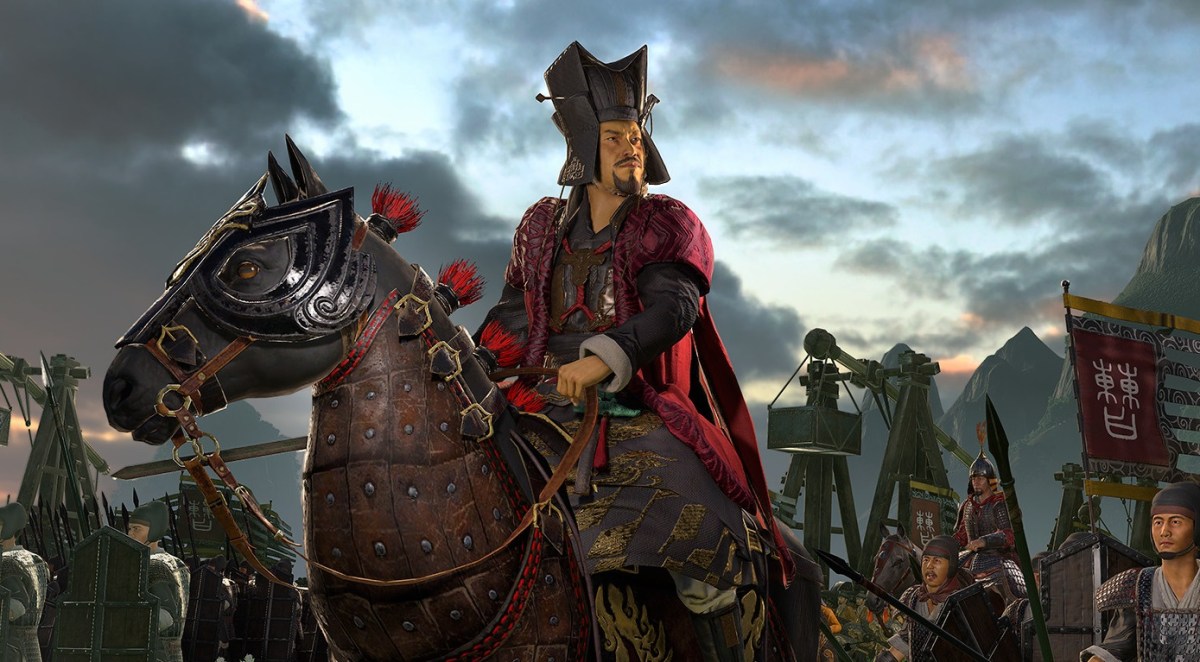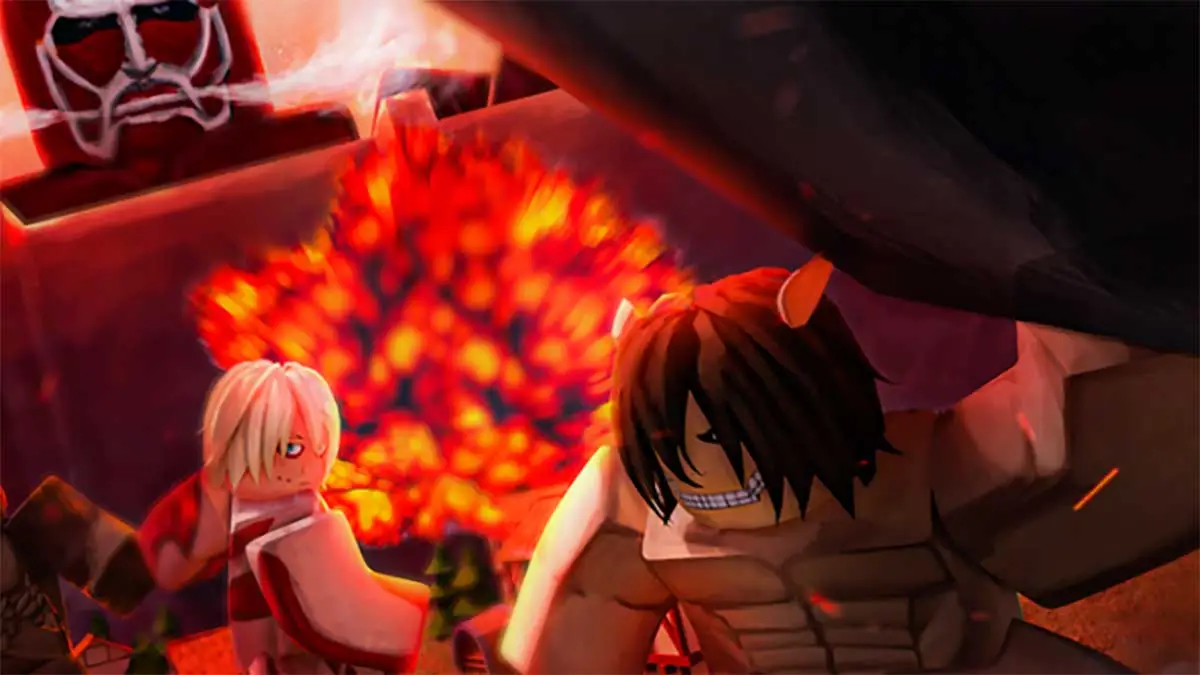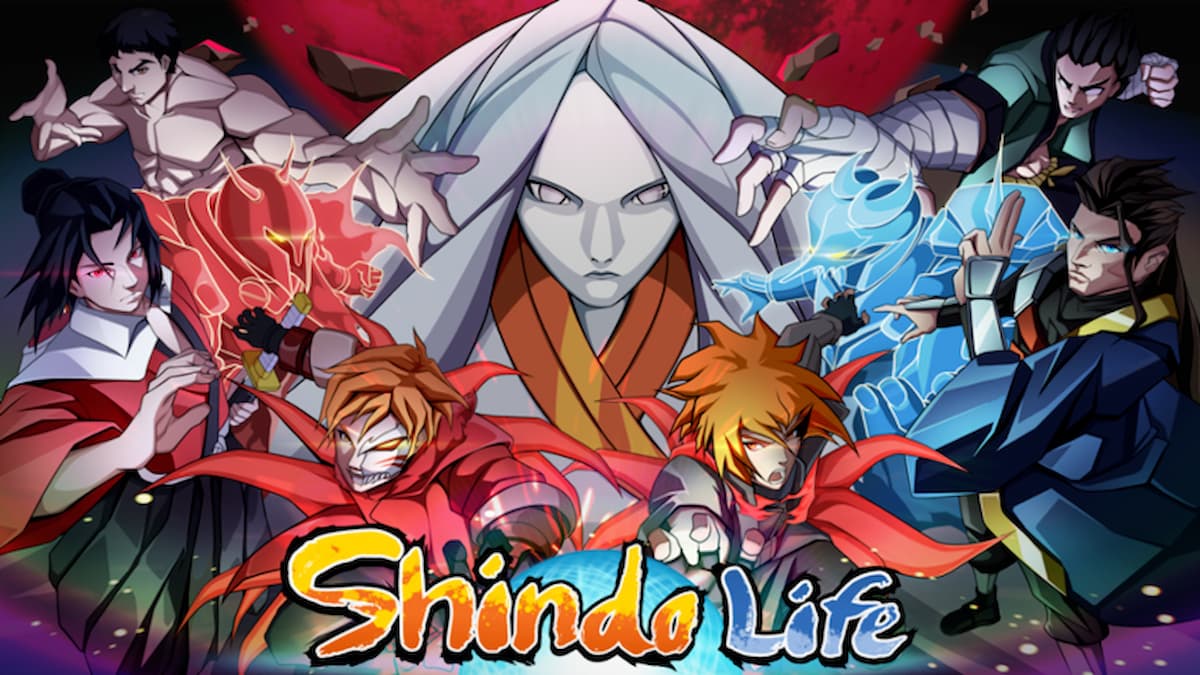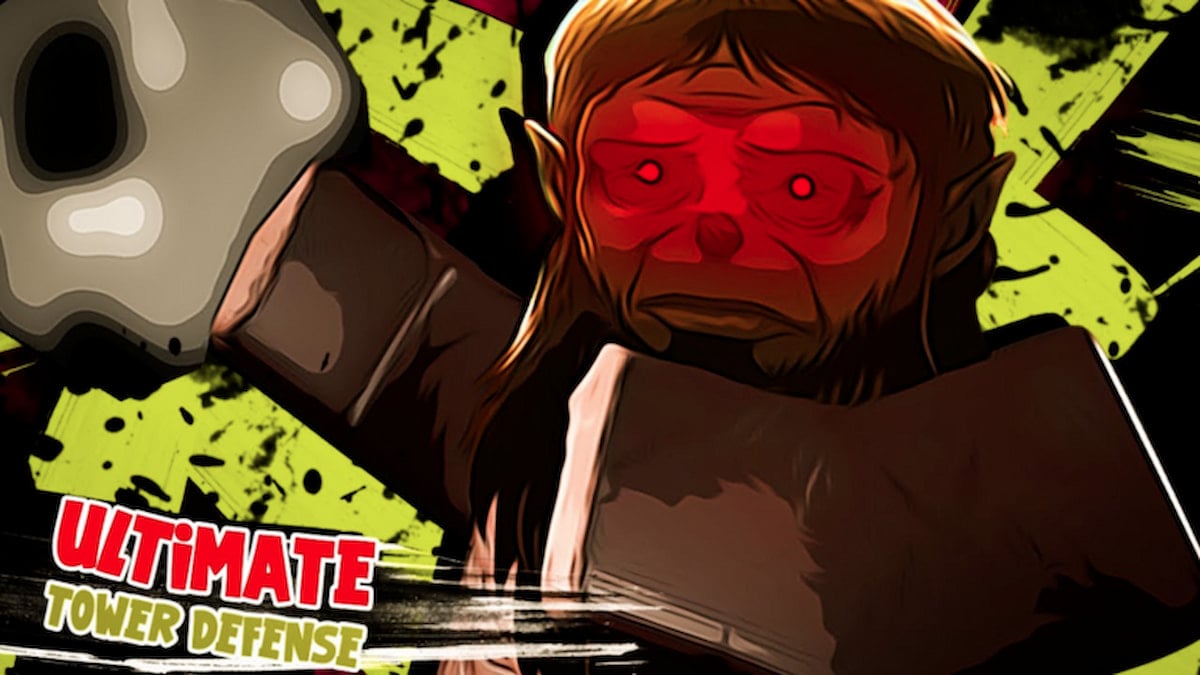Total War: Three Kingdoms releases on May 23. Read our review to find out if the game is worth you time, and how the new changes to the latest installment of the long running series play out.
Total War: Three Kingdoms takes on a surprisingly mammoth task. It is the latest entry into a series that has seen some serious changes in recent years. Total War: Warhammer had a lot of focus on the idea of powerful champions doing intense feats of prowess during battle, and it seems that this appealed to a lot of players. Others longed for the more classic Total War gameplay, where battles could be lost as much from poor maneuvers as from poor unit selection. Total War: Three Kingdoms seeks to provide an interesting playing experience for both types of players and to do this, the game allows you to pick from two modes at the start of a campaign.
Romance will allow for a more mythical view of things. Fatigue is less of an issue; characters act more like individual units, capable of barreling through lesser men. Records is the more traditional mode where battles will take longer to fight, as characters in this mode are simply mortals. While I know there was some concern about combat based off some preview access to the game a few months back; I am pretty confident that Creative Assembly has managed to tie everything together in a way that will appeal to both groups.
End of an Era
Total War: Three Kingdoms takes place in China, during the tumultuous Three Kingdoms era. This is a period of Chinese history where various factions fought for power. The rise of the Yellow Turban Rebellion prompts the ruling Han Dynasty to grant more powers to local authorities, which causes a chain reaction of events that lead to the establishment of three powerful Kingdoms, all working to become the premiere power in the country. The game takes place during this time, when the future is uncertain, and it seems like anyone could possibly rise to power if they are cunning enough. It is this power vacuum that you step into after choosing your character, and it is up to you to lead your faction to the throne, by any means necessary.
Many of the series staples are present. You need to manage and build your settlements and cities, take over territory and engage in complex games of diplomacy, and spy-craft. All the characters you can choose from have different resources and attributes that will impact how you play the game. Cao Cao is capable of great diplomatic deceptions, he can manipulate other factions and cause proxy wars among his enemies. Yaun Shao can quickly expand his territory, rapidly taking over area of Northern China, making him a formidable foe. Yuan Shu can easily reinforce the legitimacy of his claim to the throne, allowing him to easily recruit new characters to his faction. While they all feel subtle, the impact on how a full campaign will play out is noticeable. It is very important to play into your characters strengths, and to pick a character that will suit your style of play. Some people will prefer to focus on heavily expanding their territory, while others will prefer to hold a few Commanderies and use diplomacy and spy-craft to keep the bigger threats at bay.
A Game Of Balance
The campaign story is excellent, seeking to tell a complicated and ever-changing story, all the while leaving room for you to go completely off the historical track. I was surprised by how it felt if an ally fell, or an enemy escaped the justice I had planned for him. I then quickly realized that Total War: Three Kingdoms was a giant machinations machine, and attachments were for lesser man, not one who sought the throne of China.
The game looks beautiful, nestling somewhere between realistic and stylized. The campaign map looks especially nice, the settlements and cities dotting the beautifully forested mountains and valleys. It feels at times like a decision was made to mix the idea of Romance and Records, the harsh realism of the battles replaced with softer tones for the political wrangling. I also really appreciated how large the generals appear on the map, making them so easy to see and follow, and also helping to make them easily identifiable. Who’s that coming over the hill? Oh, it’s Cao Cao, the incredibly trustworthy guy that my court members keep talking about.
There will be a lot of learn here, especially for players who cut their teeth on some recent Total War games. Deeper, and more detailed, systems have returned. You will need to manage your cites and settlements, from their level of satisfaction, income, food requirements, and the buildings that you place there. Balancing commerce, industry and peasantry is vital, as is assigning the correct people to lead each area. You must balance your Court, and the internal relationships between your various Faction members. Your Treasury needs to be constantly managed, with every potential profit maximized. It is entirely possible for your characters to hate each other like squabbling children if you do not keep them happy. Some might grow to despise you, causing uprising and insurrection. And that’s before we even approach the other Factions who will be vying for power. Diplomacy runs deep, with treaties, trade agreements, non-aggression pacts, military access, and marriages all being used to various effects.
I had enough time with the game to play through on Romance, and Records, and I even managed to get pretty deep into a playthrough where I decided I would delegate every battle. Generally speaking, the battles are my favorite part, so I wanted to really examine the other side of the strategy that makes up Total War: Three Kingdoms. Honestly, the more I learned the more this run became my favorite. I played as Cao Cao, and spent the game using spies and my own Credibility to influence others. I built a strong alliance to crush the Yellow Turban rebellion, but overplayed my hand when I used spies to manipulate two other Factions into fighting. One spy was discovered, and the other spent too much time with the enemy and took up their cause. This caused my own allies to turn on me and I am now surrounded by people who are very angry at me, and have rather large armies.
The real key, I have discovered, is to treat each Faction separately. No one tactic or strategy will work, as all the personalities feel distinct, and will react in different ways to perceived slights or weaknesses. The best part is, sometimes a desperate move feels like the best move to make, and the payoff can either be euphoric victory or crushing defeat.
New Player Friendly
Despite the deeper systems, I feel like Three Kingdoms will still be a friendly experience for new players. The tutorial should teach you most of what you need to know, and an information mode can be turned on at any time that will detail what any buttons on the screen do, and what information those numbers on the screen are actually detailing. The Cao Cao campaign on easy would also be a great start for anyone who is feeling intimidated by the Total War series but always has the urge to jump in and try it out.
I also have to say the game ran incredibly well for me, although a recently purchased GTX 2070 is obviously helping things along on that front. Even later in campaigns, there was no real slow down, despite the map being in a constant state of flux, treaties being signed and broken, and large armies scurrying around it to do their Faction leaders bidding. I had no bugs or crashes, and everything played out as smoothly as you would hope for.
Overall, Three Kingdoms is impressive. Despite my enjoyment of the series, I sometimes struggle to get into individual installments of it, and always struggle to put my finger on why. With Three Kingdoms, this might just be my favorite installment to date, however. The sheer variety of ways you can play the game, and the unknown nature of how each campaign would go, is fantastic. You can’t take anything for granted, as your greatest enemy now can be turned throughout some careful play, becoming your strongest ally.
While Total War: Three Kingdoms might be set in one of the most heated and tumultuous times in China’s history, none of that seeps over into how the game plays. Thankfully, all the chaos remains strictly in the narrative, and Three Kingdoms itself manages to do the impossible of being both deeply challenging and approachable at the same time.
Disclosure: This review was written with a game code provided by Sega.







Published: May 16, 2019 11:35 am